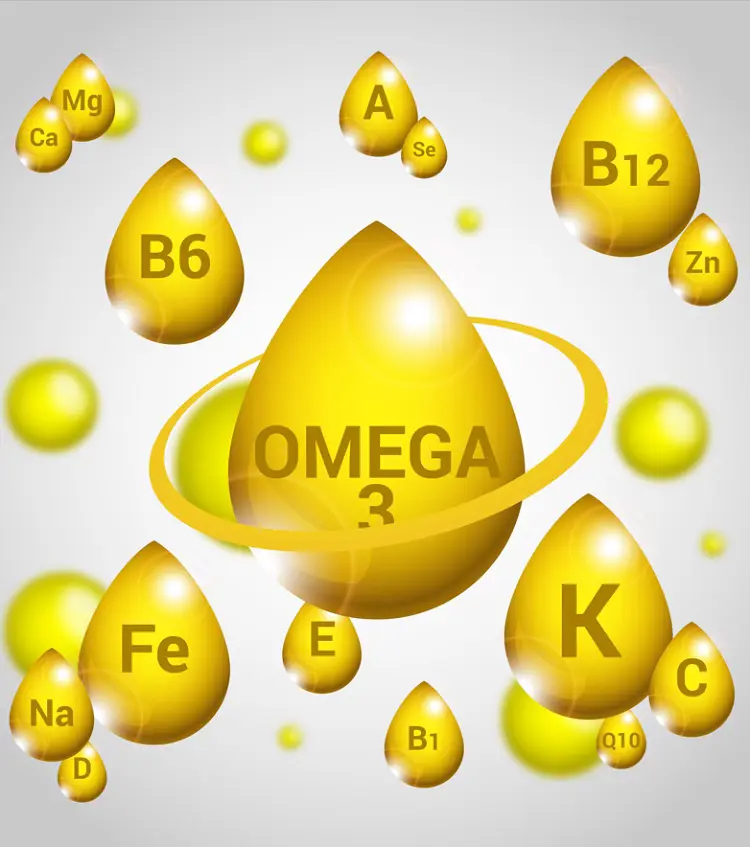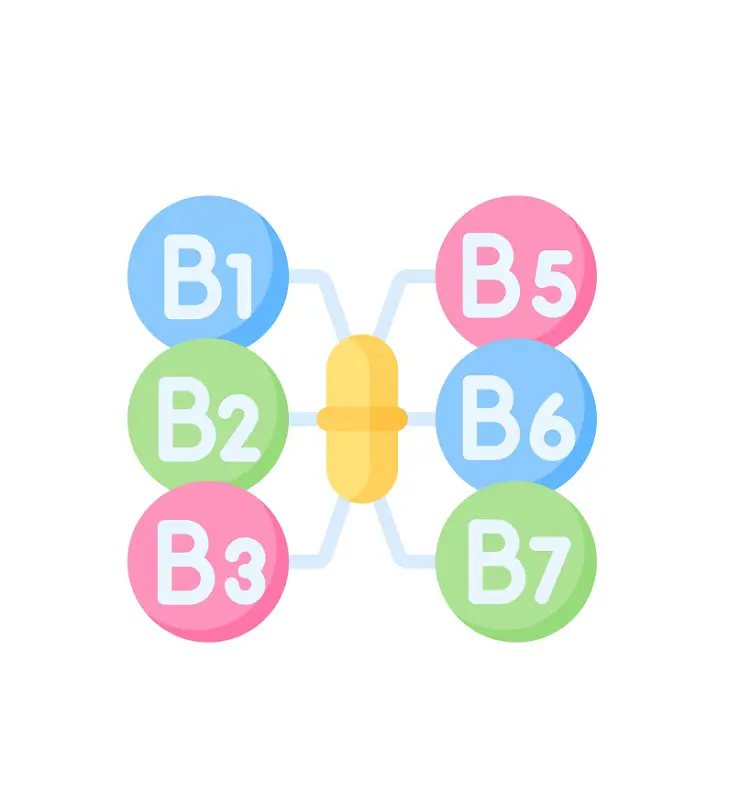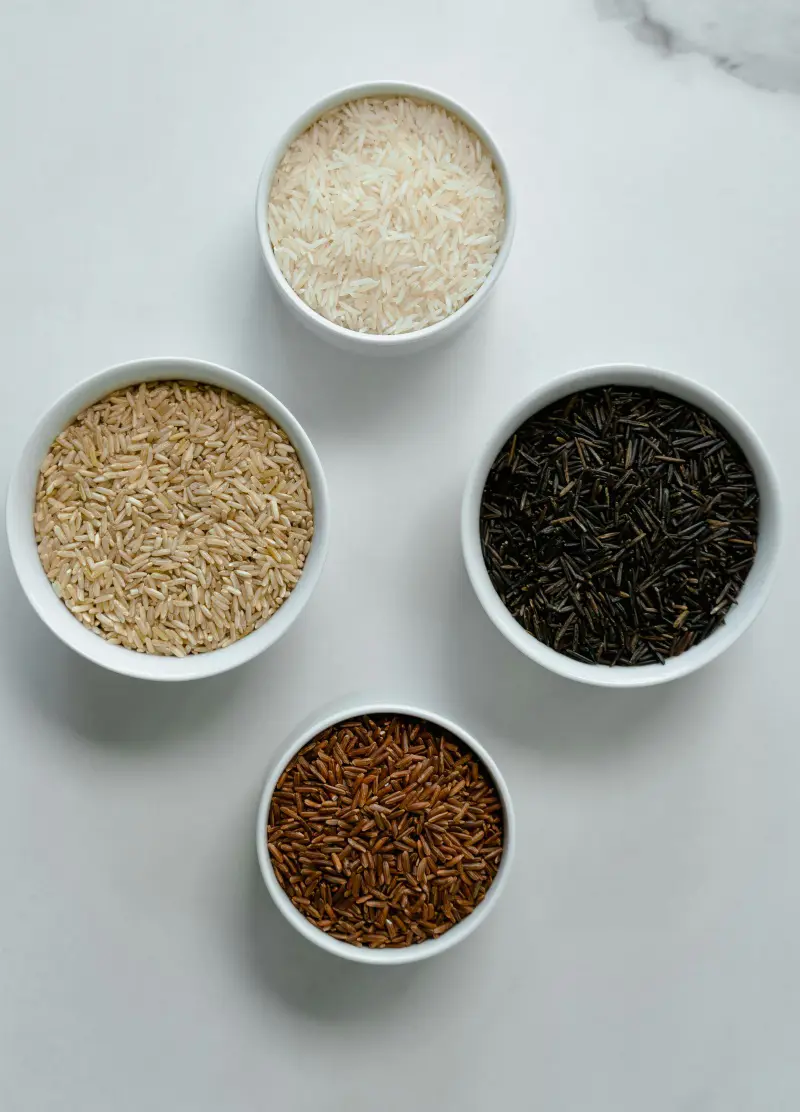Oyster Nutrition Facts

While being low in calories, oysters are high in protein, good fats, vitamins, and minerals. According to the Department of Agriculture, 100 grams (g) of raw Pacific oysters contains the following nutrition:
- Calories: 81 kilocalories
- Protein: 9.45 g
- Fats: 2.30 g
- Carbohydrates: 4.95 g
- Zinc: 16.6 milligrams (mg)
- Copper: 1.58 mg or 176% of a person’s daily value (DV)
- Vitamin B12: 16 micrograms (667% of DV)
- Iron: 5.11 mg (28% of DV)
- Magnesium: 22 mg (5% of DV)
- Potassium: 168 mg (4% of DV)
- Selenium: 77 mcg (140% of DV)
Here are the potential Health Benefits of eating oysters:
















